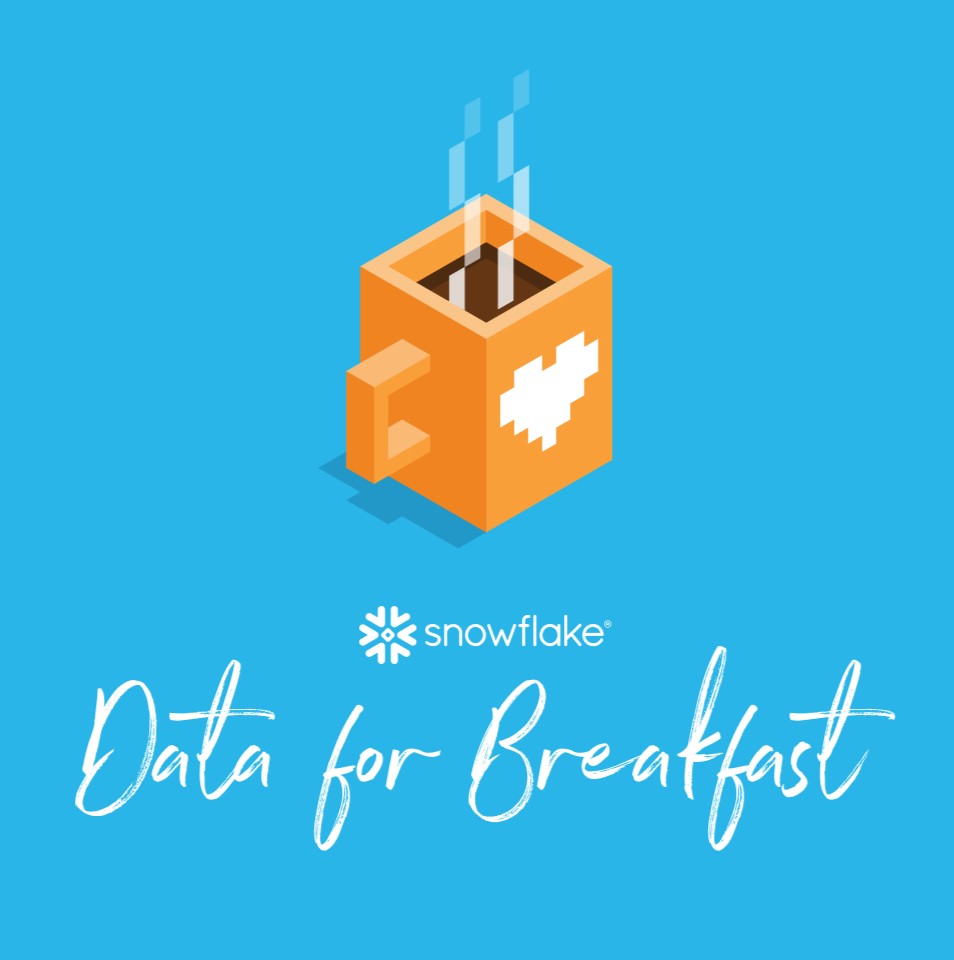by Emma DAMITIO,
IA Manager - Data Scientist // Solution BI Canada
The terms "Artificial Intelligence", "Data Science", "Machine Learning" or "Deep Learning" are part of the major trends of the 21st century, it is no longer a secret for anyone.
These expressions intersect, merge and feed off each other. One thing is certain, they all have the same objective: to make machines more efficient in order to help us in our daily lives.
What is artificial intelligence?
"All the theories and techniques used to create machines capable of simulating human intelligence" says the Larousse. AI is therefore today a concept, a goal, a desire, an ideology rather than a reality.
A machine containing artificial intelligence will therefore be able to simulate human intelligence, and we can define here a few areas such as comprehension, perception and decision making.
But are we able to define all the axes of human intelligence? If we want a machine to be able to imitate it, we must already have a concrete definition of intelligence in order to be able to measure the machine's intelligence.
For as long as the concept has existed, it has been difficult to describe or quantify. The first known debates appeared in ancient Greece. Aristotle, in speaking of intelligence, quantifies the ability to implement a stratagem to achieve a defined objective. It is cunning that is emphasised here and Ulysses is therefore the very definition of intelligence. But in the character of Ulysses, we can see a lot of emotional intelligence, which makes the notion of intelligence for a machine very complex. Introducing emotions will be the biggest challenge for AI in my opinion.
This is why today's artificial intelligence is only an extension of human intelligence. It should be seen as a tool, waiting for the human hand to activate and guide it. It is like a hammer - without human intention, the hammer does nothing. With intention and momentum, the hammer is useful.
By the way, Ollivier Dyens, writer, co-director of the Building 21 laboratory and professor at McGill University, talks about artificial intelligence in his book "The Terror and the Sublime". He describes it more realistically as human and artificial intelligence. In future developments, one will not go without the other and vice versa. We can understand the logic of this if we talk about the concept of "morality", the machine, however intelligent it may be, may not make the decisions that are deemed most moral.
Let's imagine the context of an intelligent car that has to avoid a pedestrian crossing the road. It can either move into the opposite lane, or step onto the pavement, or brake sharply. If these three options necessarily result in more deaths than the pedestrian alone. What should the car do? Which choice is moral? Is it based on quantity, on age? Who will want to program and make these choices? Another problem with morality is that it is evolutionary. How quickly will a machine perceive and integrate it? This is one of the questions, among many others, that we will inevitably have to ask ourselves when AI becomes part of our lives.
Where does our AI stand in relation to the ultimate AI?
AI can be roughly grouped into 3 levels of performance. This allows us to better understand the extent of the improvements.
Restricted Artificial Intelligence (RIA) or simply the automation of a task. This is the type of AI that is used today. There are many examples: Siri - Alexa - translations - image classification - driving. Here nothing is magical - or "intelligent" - the machine is programmed to do one thing, it only has a goal defined by the human. It learns as it goes along from what is reported to it as mistakes or successes from its past.
Artificial General Intelligence (AGI), the machine is as good as the human. The machine must be able to achieve different goals in a wide range of circumstances. This is the great challenge of AI today, to introduce true intelligence into systems such as sentience - expressing and understanding emotions.
Super Artificial Intelligence (SIA), AI that is stronger than the brain. We are talking about a machine that is better than a human at performing tasks in any situation. We are talking about performance in decision-making, art and relationships. We can talk about that in a few years.
We are at the ANI level and the area of expertise that has progressed the most in recent years is NLP (Natural Language Processing). Communication is the gateway, which explains the great advances in this field by the major universities or companies that are investing in AI.
Today, we idealise AI, but we are far from being confronted with it, so when, and if, we succeed in making a machine intelligent one day, human normality will be destabilised - our intelligence is limited by our imagination. A form of intelligence without our limit could lead to seeing the world in a new light, but that's not the point here - let's get back to the point.
What is the link with data science?
Machine Learning and Deep Learning methods allow us to carry out NAI, but they are mainly sub-domains of data science.
Data science is the embryo of artificial intelligence and it is what enables its evolution.
Today, machines perform programming command lines that bring together sets of mathematical and statistical systems, allowing a number of problems to be solved without the machine having an ounce of awareness or perception of the world.
In private or public companies, what is deployed and developed is data science: optimising customer loyalty, hyper-personalisation with recommendations, predicting financial results, predicting housing needs, anticipating the wear and tear of a machine, etc. It is a science that is developing in the public sector. It is a science that is developing in the field of data science.
It is a science that is established through a 5 step process and iterations: FULL BUSINESS CHALLENGES / EXPLORATORY DATA ANALYSIS / MODEL SELECTION AND TRAINING / MODEL VALIDATION / PRODUCTION RELEASE.
There are common concepts between data science and AI, namely machine learning and deep learning.
But there are also big differences: AI has to be global, its performance lies in the power of the network, the more users it has, the more efficient it learns, whereas data science can be enterprise-wide to be more specific.
In conclusion,
it is data science that we are seeing develop and AI is now only intelligent in name.
Suggested reading:




